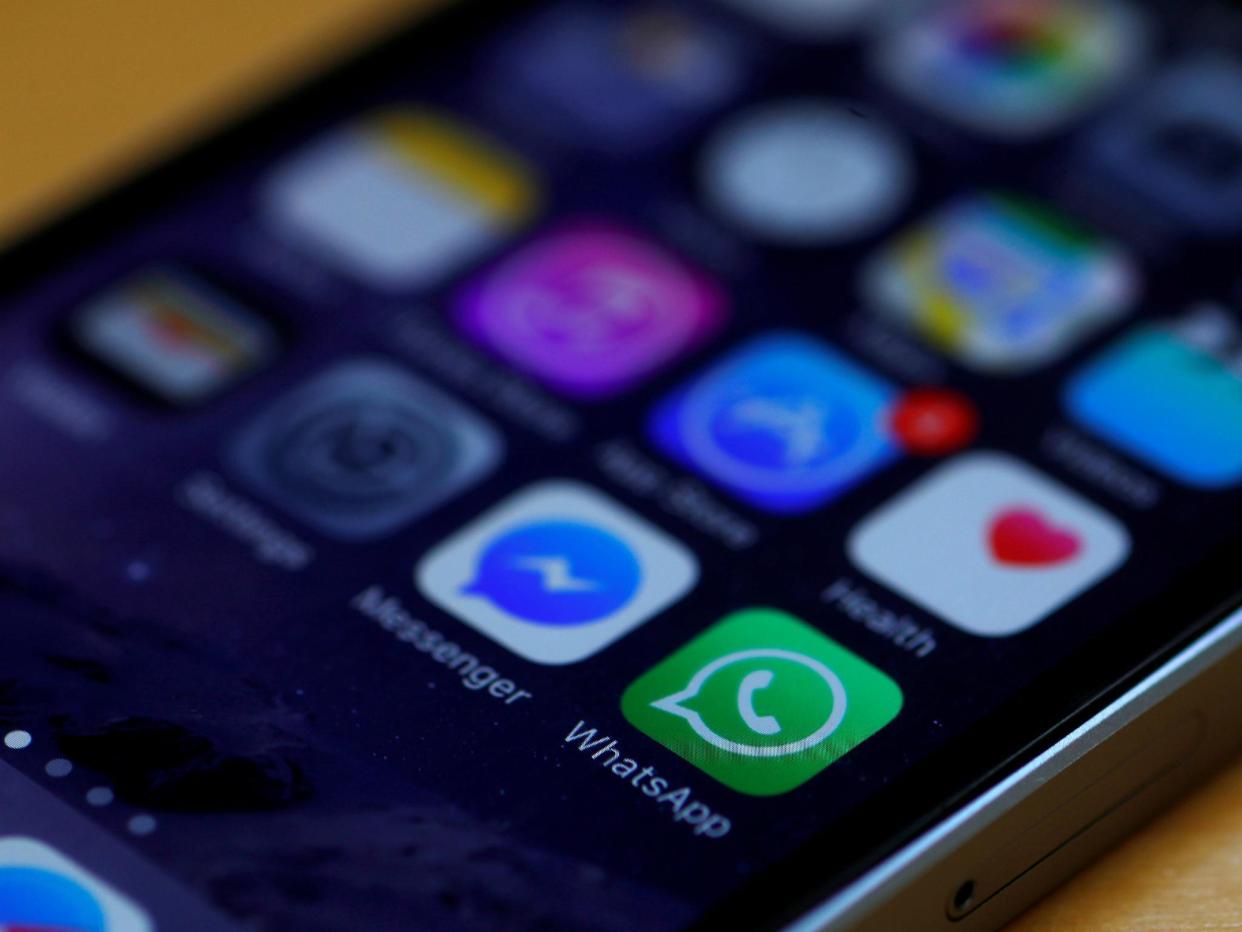The social media hate crime crackdown is timely, but there remain difficult questions of definition

If someone came up to Communities Secretary Sajid Javid in the street and hurled a mouthful of vile racial abuse at him, they’d be liable to be cautioned or arrested for a variety of public order and hate offences. But if they did so via social media? Well, the situation is much less clear – and into that vacuum of uncertainty has flooded the largest wave of mass-communicated racial, sex-based and other discriminatory abuse in the history of civilisation (if that is the right word for it).
The internet, in other words, has transformed this aspect of our lives, and it is time that the law caught up with the pace of technological change.
A short browse, for those with strong stomachs, around Facebook, Twitter and some of the better known news websites with, shall we say, “vibrant” unmediated comment sections will convince anyone that this abuse has reached epidemic proportions, and that a distressing number of people think that “Hitler was right”, to paraphrase many lines of text.
Some public figures are victimised more than others by the trolls: Diane Abbott has spoken out forcefully in Parliament about the daily abuse she and her staff have to endure, quoting precisely her assailants’ limited but truly nasty vocabulary. Other BAME politicians have to put up with the same sort of thing. But these are just the high profile examples, better able to fend for themselves; neither should the man in a wheelchair on a train, or the trans person walking home at night have to suffer from the same sort of insults – either to their face or online. It is deeply distressing to the individuals targeted (and usually anonymously by the same small but vocal bunch of cowards), it breeds hatred and division, and is an abuse of free speech. It needs to stop.
So Alison Saunders, Director of Public Prosecutions, is entirely right to issue the guidance she has, to the effect that hate crimes committed online are to be taken just as seriously as those made face-to-face or via more traditional media. The fact that there is no physical injury – in the sense of “grievous” or “actual bodily” harm, in the traditional phrases on the police charge sheets – is irrelevant. The psychological harm caused can be just as great, and as lasting. More than any punch-up at a football match or scrap in a pub at closing time, racist, sexist, homophobic and ableist abuse online, with no blood spilled or physical bruises suffered, also tears at the fabric of society. Now more than ever we should realise how precious that solidarity is, and how potent digital media can be to its destruction.
No doubt Ms Saunders’ intent is honourable, and her aims laudable. However, that does still leave some quite difficult questions of definition. The rules as they stand are in fact very wide. For example: “Any incident/crime which is perceived by the victim or any other person to be motivated by hostility or prejudice based on a person’s race or perceived race”. Leaving aside the artistic use of racial epithets in drama or for comic effect in parody or satire, there is already the question of which types of insult or threat are to be treated as automatically worthy of attention or prosecution; which should be devolved to the wider discretion of officers; and which can be discounted.
It is also difficult, if not impossible, to determine the motivation behind the words. Would Boris Johnson’s possibly ironic use of the term “piccanninies” in The Spectator count? Would some of what Nigel Farage says about migrants be a breach? Would the journalist Kevin Myers’ slurs in The Sunday Times’ Irish edition at named Jewish celebrities be unlawful, whether the individuals pressed charges or not?
Either way, obviously it should make no difference whether they happen to be read on a printed page or on a smartphone. What makes the issue of degree of offence more pressing is the sheer volume of web material that could qualify as a hate crime.
The principle, then, dictates that all such outbursts in any media, new or old, should be stopped; abuse is abuse. Yet even with the existing laws, we have also to recognise that that is, for the time being, practically impossible either for the authorities or for the companies – such as Facebook, Twitter or Google – involved, or for the management of news and opinion websites that allow for a supposedly high-minded discussion of views between users and visitors.
Like the Highway Code, though, society has to set some standards and be prepared to bring the most egregious offenders to book, even though there may be many more transgressions that inevitably go unreported and unpunished. It is about changing a climate of opinion that is already changing and has already become more tolerant than it was a decade ago.
It is about making sure that everyone understands better that free speech should not come at an unacceptable price, and that that goes for the anonymous keyboard warriors as much as the yob in the street.

 Yahoo News
Yahoo News 
